 Those of us living in China might have been spared the tumultuous drama that our US counterparts have experienced in 2017, but like always, the Middle Kingdom has had its own fair share of attention-grabbing headlines. From the boom of shared bikes to a presidential visit from The Donald, our team has put together a list of 2017’s most unforgettable viral stories, recounting major events that defined the worlds of sports, tech, arts, fashion and food. Here’s to another year of eclectic, weird and wonderful life in China, we wouldn’t have it any other way.
Those of us living in China might have been spared the tumultuous drama that our US counterparts have experienced in 2017, but like always, the Middle Kingdom has had its own fair share of attention-grabbing headlines. From the boom of shared bikes to a presidential visit from The Donald, our team has put together a list of 2017’s most unforgettable viral stories, recounting major events that defined the worlds of sports, tech, arts, fashion and food. Here’s to another year of eclectic, weird and wonderful life in China, we wouldn’t have it any other way.
For more, follow our full 2017 Year in Review coverage.
Here are some of the biggest tech trends and stories to make headlines in China in 2017.
1. Stricter Controls on Chinese Social Media

The Cyberspace Administration of China (CAC) issued new regulations in September to “better develop China’s online environment, protect the legal rights of Chinese netizens, online organizations and safeguard national security and public interest,” according to China Daily. Along with these new regulations is the Public Security Bureau’s list of nine topics banned on online group chats. Effective October 8, sharing things like politically sensitive information, violent or pornographic content could lead to fines or detention.
2. Social Credit Systems

Several Chinese platforms such as WeChat, Weibo, Alipay and QQ were said to be developing new online social credit systems in 2017. Along with the restrictions on group chats and online content, these systems were recently required by the Chinese government. This was widely believed to be the reason why users were temporarily prohibited from updating their profile pictures on WeChat in October.
3. VPN Crackdown Rumors
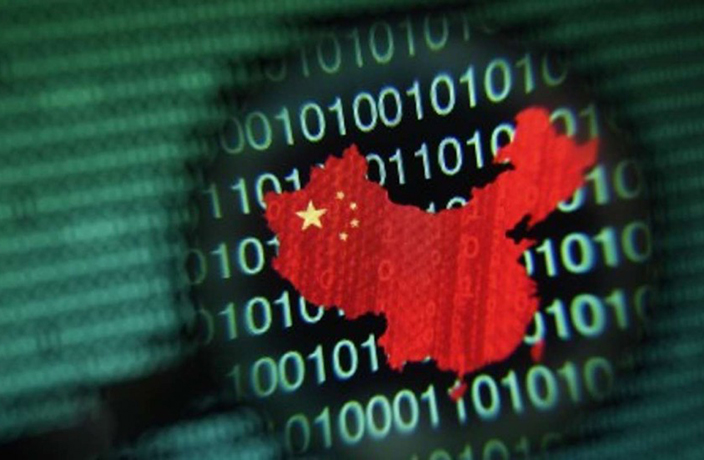
Major Virtual Private Network (VPN) software was stripped from China's Apple App Store over the summer. This came on the heels of news that China's long-tolerated use of personal VPNs may be coming to an end. In a report that was later denied by China's Ministry of Industry and Information Technology, Bloomberg said that three major Chinese telecom providers had been ordered to halt personal VPN use through their networks. (It remains to be seen if that is technically possible).
Meanwhile, in Chongqing, authorities announced strict rules on Internet connections in March. The new rules stipulated that individual users and companies could be fined up to RMB15,000 if they were caught using a VPN to access blocked websites. Some speculatede that similar measures could soon be rolled out across the rest of the country.
Back in January, China's Ministry of Industry and Information Technology (MIIT) also announced that it would be launching a series of rules aimed at regulating the Internet access services sector and cracking down on 'illegal' or 'unlicensed' business activity.
4. China's Bitcoin Crackdown

In response to rumors of a “comprehensive” ban on cryptocurrency by the Chinese government, BTC China, the country's second-largest service, announced that it would end trading by September 30. OKCoin and Huobi, China's first and third largest exchanges, respectively, soon followed suit, stating they too would shutter by October 31. Following China's crackdown on bitcoin exchanges, prices steadily rose before skyrocketing to nearly USD20,000 a coin in December.
5. Difficulties for Foreign Tech Firms
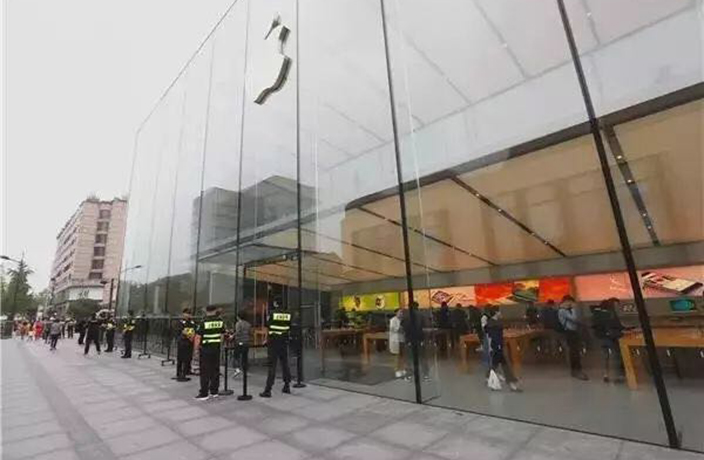
New iPhone releases used to be major events in the Middle Kingdom, as flocks of fans
and scalpers would line up for hours to get their
hands on the hottest new device. But this didn’t happen when the iPhone 8 was released this September. Images on social media showed that there were more barricades and security
guards than actual shoppers at
Apple Stores around China for the release.
Apple wasn't the only Western tech company to have problems in China in 2017. In July, WhatsApp experienced service disruptions, and the app currently remains usable (but on a sporadic basis). Several similar messaging platforms that didn't require real-name registration reportedly experienced problems in 2017 due to China's crackdown on anonymous accounts.
A few months later, Microsoft-owned Voice Over IP (VOIP) internet phone call and messaging service Skype disappeared from China's app stores for violating local government laws.
6. Continued Dominance of Chinese Tech Firms
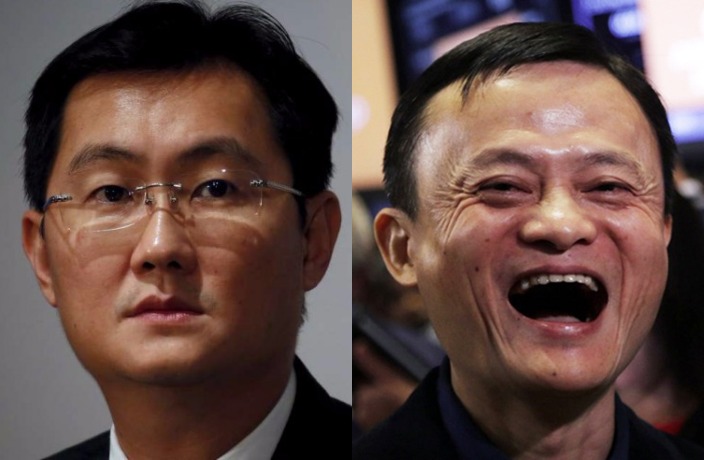
A tale of two Ma's: Pony of Tencent (left) and Jack of Alibaba (right)
But it was a pretty good year for Chinese tech companies. Tencent, China's biggest tech company, surpassed Facebook's total market value in November to become the world's fifth most valuable company, joining the likes of Apple, Alphabet (Google), Microsoft and Amazon. Rival Alibaba, which had record-breaking Singles' Day sales of RMB168 billion, moved close behind Facebook that same week. Over the past year, shares for both firms doubled.
7. Facial Recognition

Facial recognition was used for all sorts of random purposes around China in 2017 – from (supposedly) predicting food orders at KFC to dispensing exactly 60 cm of toilet paper to “toilet paper bandits” at public bathrooms and busting jaywalkers.
8. Share Economy

If one of the prevailing phrases of the late 2000s/early 2010s was "there's an app for that," then the 2017 version would probably be "there's a shared economy app for that."
First we saw the rise of ride sharing services like Uber (later acquired by Didi in China). Then bike sharing services like Mobike and Ofo took the Middle Kingdom by storm, causing congestion, crackdowns and burst bubbles.
But those apps were just the tip of the iceberg. In 2017, China's sharing economy fad seemed to have taken a turn for the ridiculous with debuts of umbrella, basketball, phone battery, bed and sex doll sharing startups (some of which would later fail). The craze prompted a satirical article titled 'Shared Cats: Scan QR Code to Use a Cat' to go viral on WeChat in August.
9. Self-Driving Vehicles
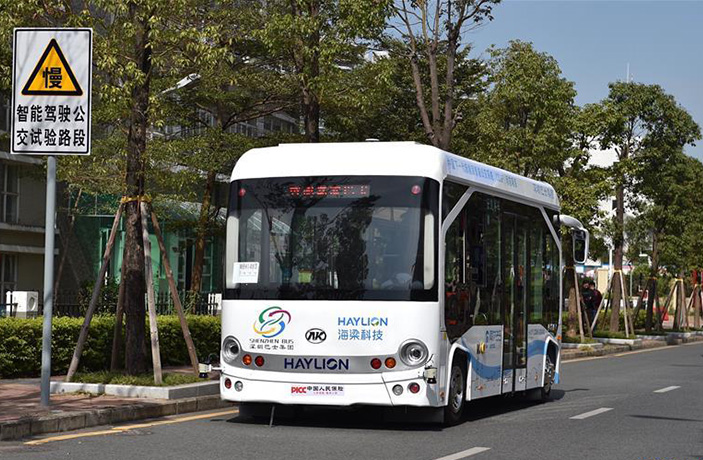
In 2017, robot drivers began their slow takeover of southern China. On December 2, Shenzhen’s Futian Free Trade Zone saw the maiden voyage of four Alphaba self-driving buses. The smaller-than-average buses are currently capped at 30 kilometers per hour and restricted to three stops along a 1.2-kilometer route. During initial tests, drivers sat behind steering wheels, ready to hit the brakes or switch to manual driving if necessary.
10. Staff-less Stores
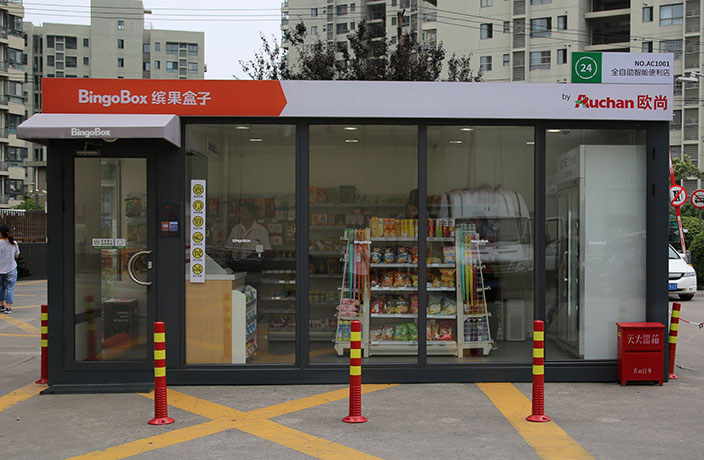
Automated 24-hour convenience stores were a trend across China in 2017. While the idea is innovative and seems to be doing well globally, some of China's shops still have some kinks to work through. Only one month after its grand opening, a branch of Shanghai's unmanned store BingoBox was forced to shut down due to overheating.
11. Dumpling and Chopsticks Emojis
Ever found yourself incredulously questioning the lack of a chopsticks emoji to position beside your "food porn" Instagram post? Or have you found yourself reeling following the absence of a dumpling emoticon to brag about that hidden gem hole-in-the-wall jiaozi shop on WeChat Moments? Then fear not, as both are were finally made available within the new batch of iOS 11.1 emojis.
For more 2017 Year in Review coverage, click here.






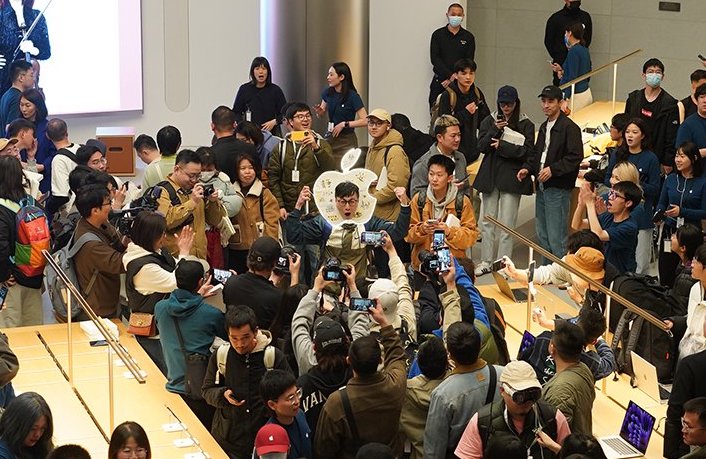















0 User Comments